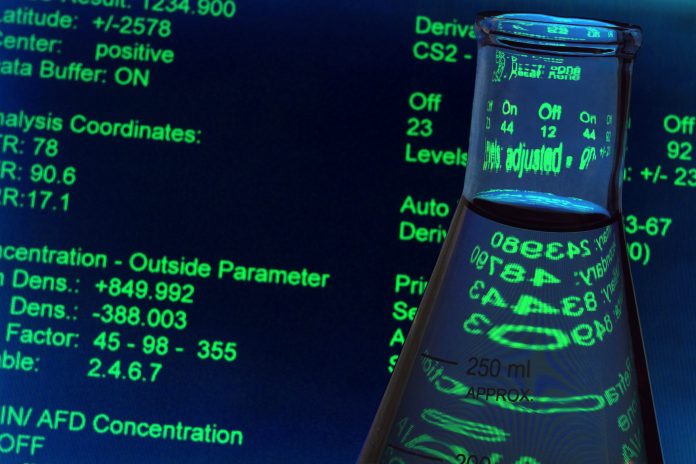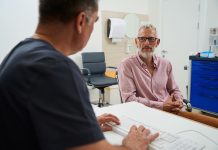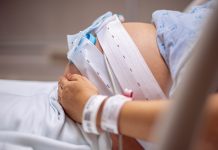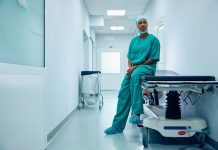Dr Roger Glass, Director of the Fogarty International Center, and Associate Director of Global Health Research at the U.S. National Institutes of Health, explores the vital relationship between NIH and the greater global health research community
The COVID-19 pandemic has directed a harsh spotlight on the vast inequities in access to health care across the globe. We ignore this at our peril and are reminded diseases know no borders, so we are all only as safe as our weakest link. Despite global pledges to distribute vaccines to low-resource countries, we must acknowledge that only a small percentage of people living in Africa, for instance, have been vaccinated. If we invest now to develop Africa’s scientific capacity, the continent will be better prepared to detect and respond to the next outbreak. In this interconnected world, it is in our own self-interest, as well as the ethical thing to do.
For more than 50 years, the Fogarty International Center at the U.S. National Institutes of Health has worked to advance global health equity by cultivating international research partnerships and building scientific capacity in low- and middle-income countries (LMICs). In the 1980s, as the extent of the global HIV/AIDS epidemic became clear, we began our first institutional extramural grant programme, the AIDS International Training and Research Programme, or AITRP. Fogarty developed a model of partnering U.S. and foreign institutions in LMICs to train the next generation of young investigators, to build a research base in areas where this was lacking, with the infrastructure required to conduct ethical, ground- breaking research.
This approach has become the hallmark of Fogarty programmes—taking science where the problems are and building local research capacity to solve them. The scientists who were first trained through our programmes have become world leaders on the front lines in the battle to staunch the global epidemic of HIV/AIDS through innovative research, in collaboration with U.S. investigators, and with additional support from many others at NIH and beyond. Many of these same former Fogarty trainees have been called on to help lead the COVID-19 responses in their countries. The return on investment in people, partnerships and policies has truly changed the world.
In the past few decades, this model has been extended beyond infectious diseases to chronic, non- communicable diseases and disciplines critical to advancing the global health equity agenda from every speciality of the medical and health sciences— including areas not traditionally considered part of global health, such as economics, law, business, architecture, engineering and others.
Our most recent large-scale investment in Africa is a $75 million programme to catalyse data science across the continent. We know that data-driven science and innovation are the health currencies of the future. They have enormous potential to revolutionise science, speed discoveries and strengthen health care systems in Africa. To ensure African scientists are prepared to lead the coming surge of big data research, the NIH has launched the Harnessing Data Science for Health Discovery and Innovation in Africa (DS-I Africa) programme. This initiative will leverage data and technologies to enable African scientists to develop knowledge and craft solutions for the continent’s most pressing clinical and public health problems.
DS-I Africa awards will establish a consortium consisting of seven research hubs, seven data science research training programmes, four projects focused on studying the ethical, legal and social implications (ELSI) of data science research, and a data science platform and coordinating centre at the University of Cape Town. Through the combined efforts of all its initiatives, DS-I Africa is intended to use data science to develop solutions to the continent’s most pressing public health problems through a robust ecosystem of new partners from academic, government and private sectors.
The research hubs—all led by African institutions—will apply novel approaches to data analysis and Artificial Intelligence to address critical health issues. Examples include employing AI to identify women at risk for adverse pregnancy outcomes; advancing medical imaging to improve diagnosis of eye disease and cervical cancer; developing a portable screening tool for bacterial infections, and strengthening pandemic preparedness.
With DS-I Africa, NIH is supporting an African-led innovation and data science consortium that seeks to disrupt the status quo and spur new mechanisms to utilise data in ways that can transform how countries work. We envision a robust network of public and private partners supporting a culture of innovation and entrepreneurship, accelerating scientific discoveries, devising new software solutions and technologies, generating start-ups and spinoff companies, and collaborating with governments and businesses to reach scale and improve health. Discoveries made possible by data science advances in Africa have the potential to benefit the entire world, since we are all from Africa—the cradle of humanity—and share a common genetic inheritance.
This investment comes at a critical time as Africa stands at an inflection point. Expansion of R&D, manufacturing, and connectivity have positioned the continent for explosive growth in health innovation. We see huge opportunities with Africa’s rapidly expanding population of young people who will be the stimulus for these activities in the future. We believe that in the next few decades, economic advances in Africa will be driven by innovations in science and technology, leading to improvements in health.
NIH plans to remain an active participant. We realise progress is measured over decades and we are committed for the long haul. We hope other research funders will join us in this important quest for global health equity.
Read more opinion pieces by Dr. Roger I. Glass here.











